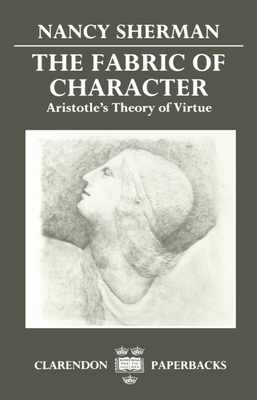
This book asserts that, in Aristotle's view, excellence of character comprises both the sentiments and practical reason.
Most traditional accounts of Aristotle's theory of ethical education neglect its cognitive aspects. This book asserts that, in Aristotle's view, excellence of character comprises both the sentiments and practical reason. Sherman focuses particularly on four aspects of practical reason as
they relate to character: moral perception, choicemaking, collaboration, and the development of those capacities in moral education. Throughout the book, she is sensitive to contemporary moral debates, and indicates the extent to which Aristotle's account of practical reason provides an
alternative to theories of impartial reason.
Most traditional accounts of Aristotle’s theory of ethical education neglect its cognitive aspects. This book asserts that, in Aristotle’s view, excellence of character comprises both the sentiments and practical reason. Sherman focuses particularly on four aspects of practical reason as
they relate to character: moral perception, choicemaking, collaboration, and the development of those capacities in moral education. Throughout the book, she is sensitive to contemporary moral debates, and indicates the extent to which Aristotle’s account of practical reason provides an
alternative to theories of impartial reason.


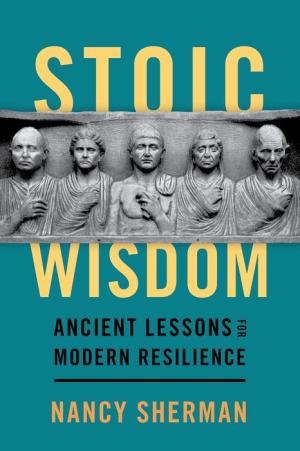


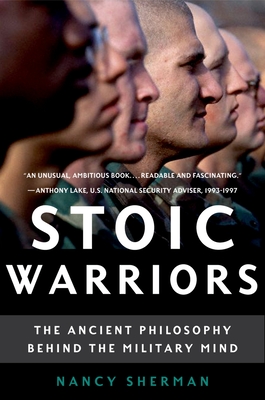
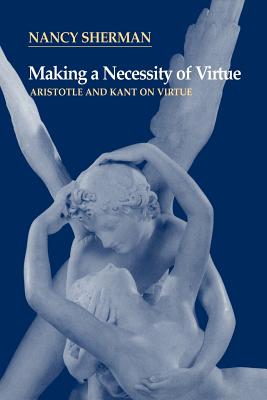
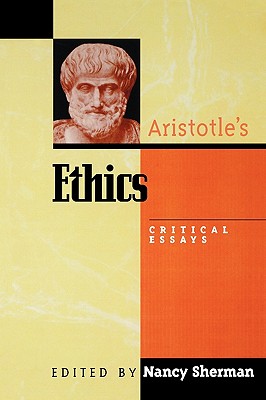
Recent Comments